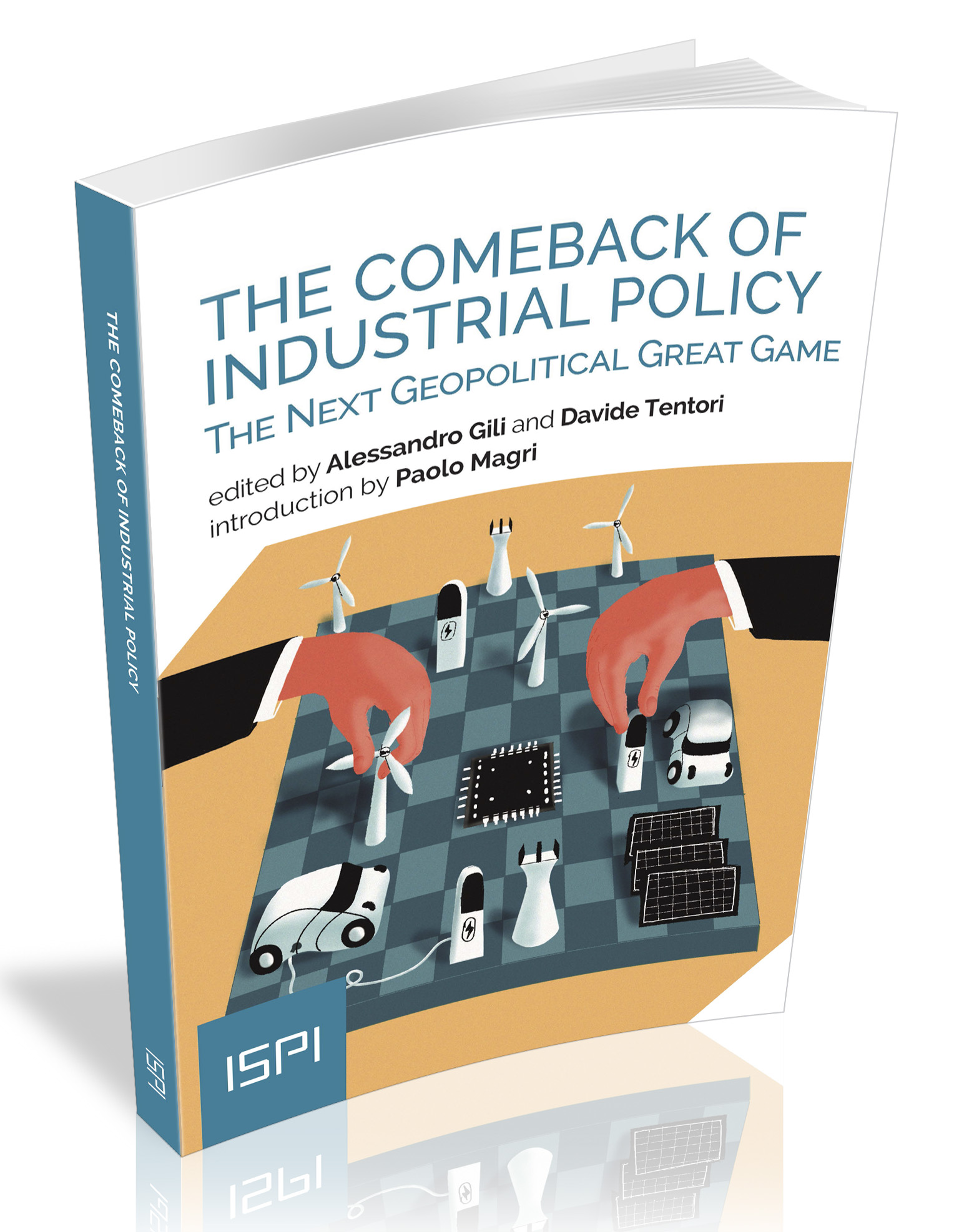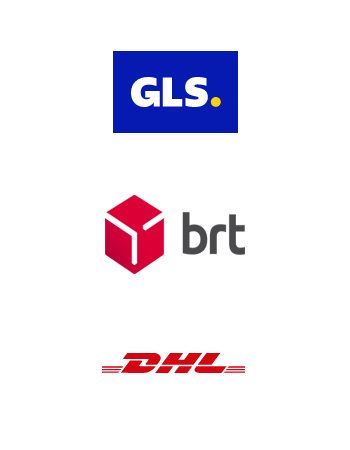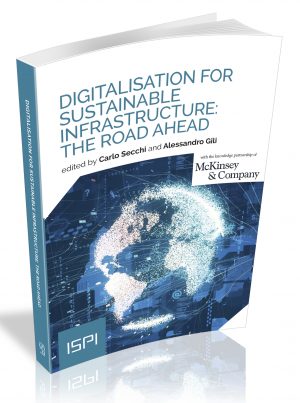Industrial policies are the key element underlying today’s geopolitical scramble and a pillar of national security.
Reacting to Western weaknesses and bottlenecks in the global supply chains, highlighted by multiple shocks such as the pandemic, the war in Ukraine, and the recent Israel-Hamas war, the US in first place and the EU later have started to introduce new industrial legislation aimed at making up for lost ground with respect to other industrial
powerhouses, such as China. Besides being policy tools to accelerate the green and digital transitions, however, the US Inflation Reduction Act and the Net Zero Industry Act, as well as the US and the EU Chips Acts, entail subsidies, local content requirements and export controls targeted at strengthening the domestic industrial base for critical technologies, fostering strategic autonomy and de-risking from excessive foreign dependencies.
This race poses risks for the weaponisation of industrial policies and fragmentation of international trade and also potentially jeopardises technological development. How can we strike a balance between economic security and efficiency? Which sectors are the most critical and which ones are the leading global powers pursuing? What will the consequences be for global value chains and international trade? Is it possible to reach an agreement on rules for a new level playing field to prevent economic competition turning into economic warfare?
DATI BIBLIOGRAFICI
A cura di: Alessandro Gili, Davide Tentori
Editore: Ledizioni
Pubblicato nel: febbraio 2024
Collana: Pubblicazioni ISPI
Formato: brossura, 252 p. – ePub
Lingua: inglese
ISBN cartaceo: 9791256000449
ISBN ePub: 9791256000531
Prezzo cartaceo: 15,00 €
Prezzo ePub: 6,99 €











